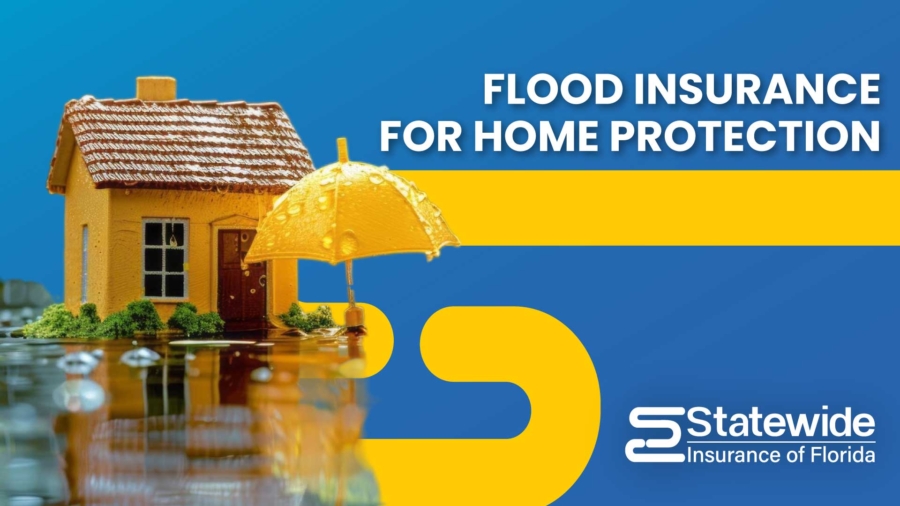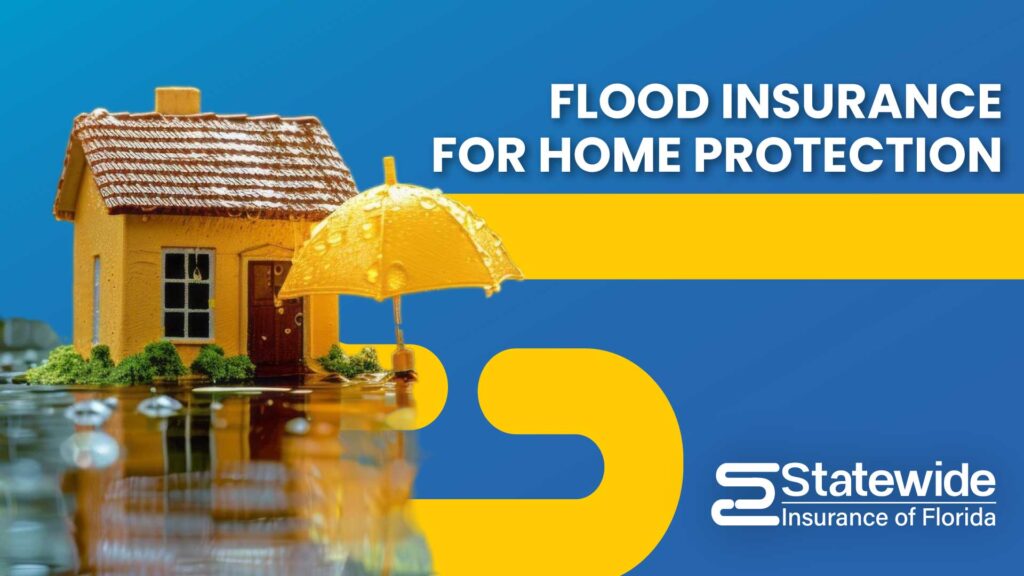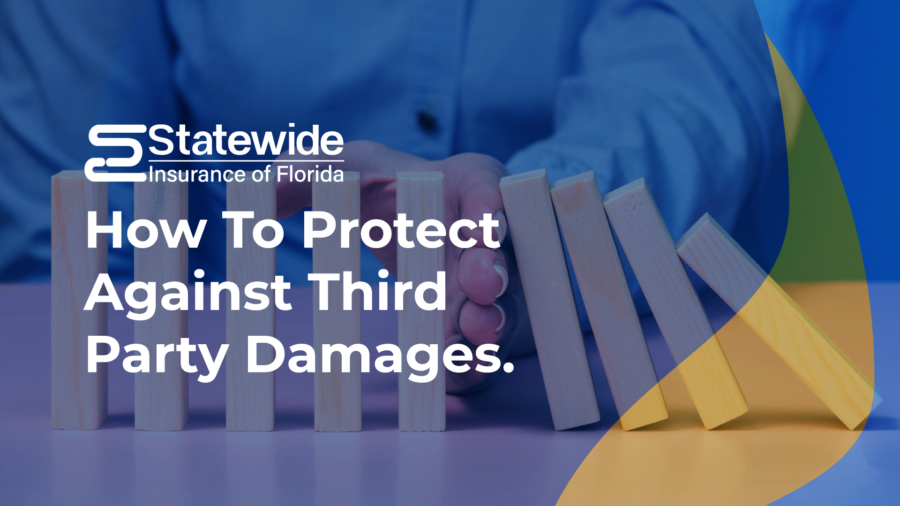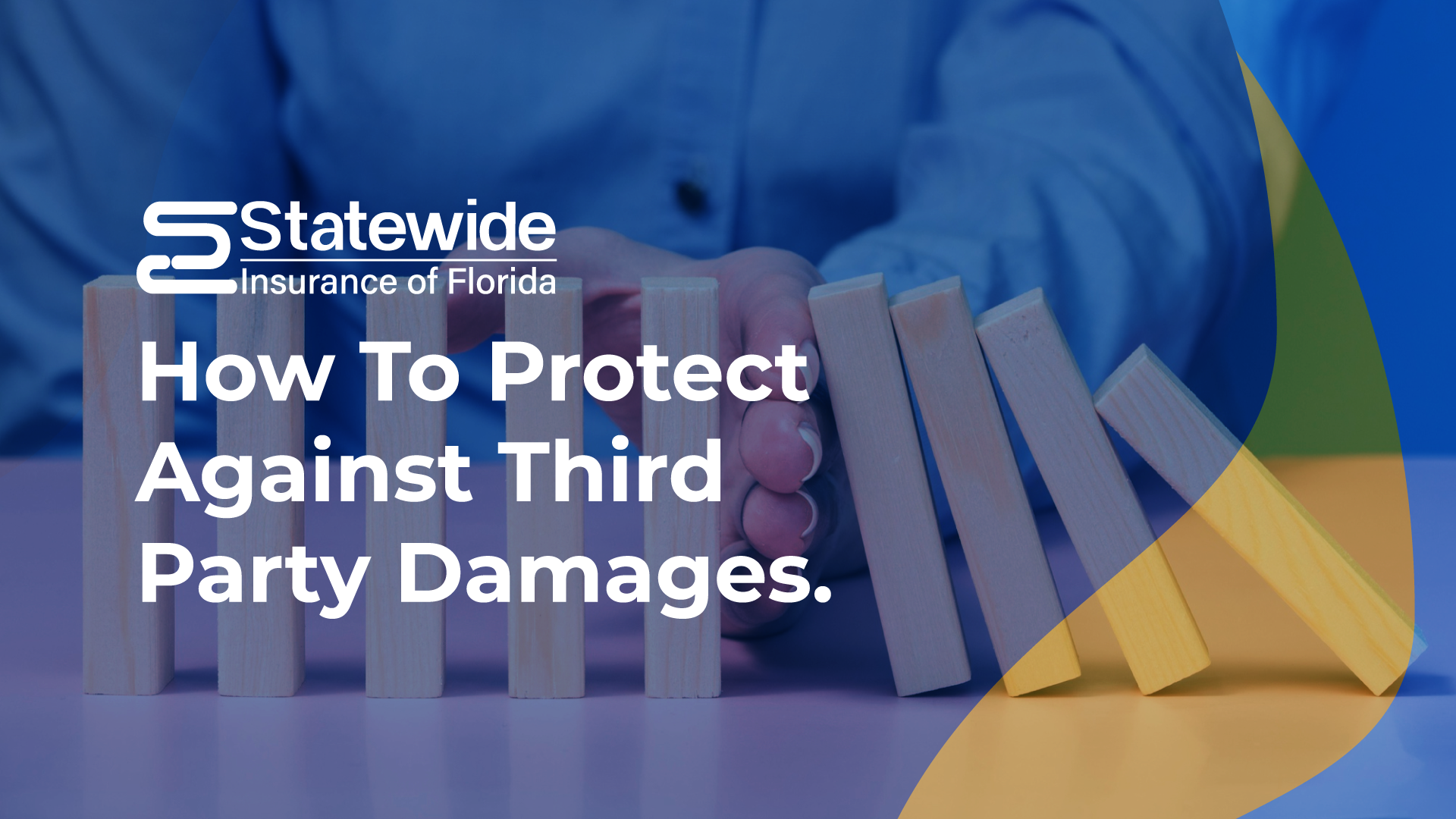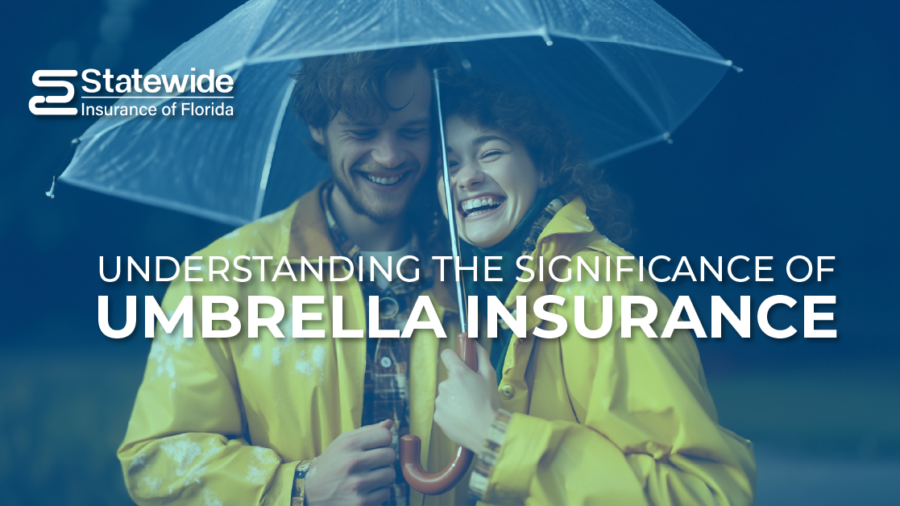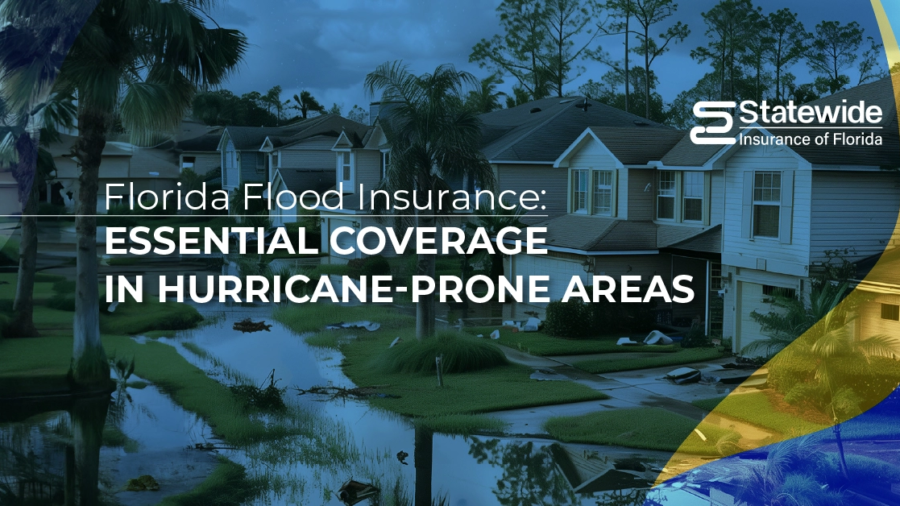The Ultimate Guide to Understanding Car Insurance
Car insurance is one of those things that everyone knows they need but often don’t fully understand. It’s more than just a legal requirement; it’s a financial safety net that can save you from significant expenses in case of an accident. But what exactly is car insurance, and why is it so important?
Car insurance is a contract between you and an insurance company. You pay a premium, and in return, the insurer agrees to cover your losses as outlined in your policy. This can include damage to your vehicle, medical expenses, and liability for damage to other people’s property or injuries they sustain.
Types of Car Insurance
Navigating the various types of car insurance can be confusing, but understanding each type can help you make better decisions.
Liability Coverage: This is the most basic form of car insurance and is often required by law. It covers bodily injury and property damage that you cause to others in an accident.
Collision Coverage: This type of insurance covers damage to your own car resulting from a collision with another vehicle or object.
Comprehensive Coverage: This covers non-collision-related incidents like theft, vandalism, natural disasters, and more.
Personal Injury Protection (PIP): Also known as no-fault insurance, PIP covers medical expenses for you and your passengers, regardless of who was at fault in the accident.
Uninsured/Underinsured Motorist Coverage: This protects you if you’re in an accident with a driver who doesn’t have sufficient insurance.
Gap Insurance: If you have a car loan, gap insurance covers the difference between what you owe on the car and its actual cash value in case it’s totaled.
How Car Insurance Works
Understanding how car insurance works can help you manage your policy better.
The Role of Premiums: Your premium is the amount you pay for your insurance policy. It’s typically paid monthly, quarterly, or annually.
Deductibles Explained: A deductible is the amount you pay out of pocket before your insurance kicks in. Higher deductibles usually mean lower premiums.
Claim Process Overview: When you file a claim, you notify your insurance company about an incident, and they assess the damages and process your payment according to your policy.

Factors Affecting Car Insurance Rates
Several factors influence how much you pay for car insurance.
Driver’s Age and Experience: Younger, less experienced drivers typically pay higher premiums.
Vehicle Make and Model: Luxury and sports cars cost more to insure than standard models.
Driving Record: A clean driving record helps lower your rates, while accidents and violations increase them.
Location: Urban areas with higher traffic and crime rates can lead to higher premiums.
Credit Score: Insurers often use credit scores to predict risk, so a higher score can result in lower premiums.
How to Choose the Right Car Insurance
Choosing the right car insurance involves more than just picking the cheapest option.
Assessing Your Needs: Consider your vehicle, driving habits, and financial situation.
Comparing Quotes: Get quotes from multiple insurers to find the best deal.
Understanding Policy Terms: Make sure you understand the coverage limits, exclusions, and other terms of the policy.
Tips for Lowering Car Insurance Premiums
Everyone loves saving money, and car insurance is no exception.
Maintaining a Clean Driving Record: Avoiding accidents and traffic violations can help keep your premiums low.
Bundling Insurance Policies: Many insurers offer discounts if you bundle multiple policies, like home and auto insurance.
Installing Safety Features: Cars with safety features like anti-theft devices and airbags can qualify for discounts.
Choosing a Higher Deductible: If you can afford to pay more out of pocket in case of an accident, a higher deductible can lower your premium.
Taking Advantage of Discounts: Look for discounts for things like good grades, being a safe driver, or taking a defensive driving course.
Common Car Insurance Myths Debunked
There are many myths about car insurance that can lead to misunderstandings.
“Red Cars Cost More to Insure”: Color doesn’t affect insurance rates; factors like make, model, and driving record do.
“Older Cars Don’t Need Comprehensive Coverage”: Even older cars can benefit from comprehensive coverage, especially if you live in an area prone to theft or natural disasters.
“Your Insurance Follows the Car, Not the Driver”: In many cases, insurance follows the driver, meaning you’re covered even when driving someone else’s car.
The Legal Requirements for Car Insurance
Every state has different requirements for car insurance.
Minimum Coverage by State: Each state has minimum liability coverage requirements, but it’s often wise to purchase more than the minimum.
Penalties for Not Having Insurance: Driving without insurance can result in fines, license suspension, and even jail time.
What to Do After a Car Accident
Knowing what to do after an accident can help you stay calm and handle the situation effectively.
Immediate Steps to Take: Ensure everyone’s safety, call the police, and exchange information with the other driver.
How to File a Claim: Contact your insurance company as soon as possible to report the accident and begin the claims process.
Dealing with Insurance Adjusters: Be honest and provide all necessary information, but don’t accept the first settlement offer if it seems too low.
Special Considerations for Teen Drivers
Insuring a teen driver can be expensive, but there are ways to manage costs.
Additional Coverage Options: Consider adding more coverage for medical payments or uninsured motorists.
Tips for Reducing Premiums for Teen Drivers: Encourage good grades, safe driving, and consider usage-based insurance programs.
Educating Teens on Safe Driving: Teaching teens about the importance of safe driving can help reduce the risk of accidents and lower premiums.
Car Insurance for High-Risk Drivers
High-risk drivers often face higher premiums, but there are options available.
Who is Considered High-Risk?: Drivers with multiple accidents, DUIs, or other violations.
Finding Affordable Coverage: Look for insurers that specialize in high-risk policies and compare quotes.
SR-22 Insurance: This is a certificate of financial responsibility required for some high-risk drivers.
International Car Insurance
Driving abroad requires special considerations.
Renting a Car Abroad: Check your policy to see if it covers rental cars overseas or if you need to purchase additional coverage.
Coverage for International Drivers in the US: International drivers may
need special policies or endorsements.
Green Card Insurance: This is required for driving in certain European countries.
Future Trends in Car Insurance
The car insurance industry is constantly evolving.
Usage-Based Insurance: Policies based on how much and how safely you drive are becoming more popular.
The Role of Autonomous Vehicles: As self-driving cars become more common, insurance policies will need to adapt.
Technological Advancements in Claims Processing: AI and other technologies are making the claims process faster and more efficient.
Car insurance is a complex but essential part of owning and driving a car. By understanding the different types of coverage, how rates are determined, and ways to save on premiums, you can make informed decisions that protect your financial future. Always remember to review your policy regularly and stay informed about changes in the industry to ensure you have the best possible coverage.
FAQs
How often should I shop for car insurance?
It’s a good idea to shop for car insurance every year to ensure you’re getting the best rate.
Can my car insurance rates change over time?
Yes, rates can change due to factors like changes in your driving record, location, and even changes in the insurance market.
What should I do if my claim is denied?
If your claim is denied, review the denial letter, gather any additional information, and contact your insurance company to discuss the decision.
Is car insurance tax-deductible?
Car insurance is generally not tax-deductible unless you use your vehicle for business purposes.
Can I insure a car that isn’t in my name?
In most cases, you need to have an insurable interest in the car, meaning you have a financial stake in it, to insure it.

